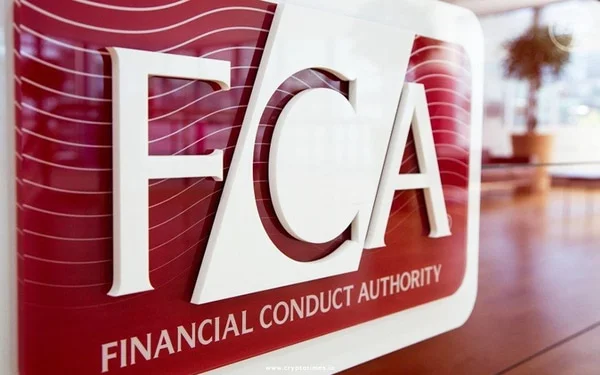Binu Paul, the head of digital assets at the UK’s Financial Conduct Authority (FCA), has resigned from his position after less than a year on the job.

Paul led the FCA’s regulatory activities on crypto firms and oversaw the registration process for crypto asset businesses.
Paul joined the FCA in October last year from New Zealand’s Financial Markets Authority, where he was a fintech specialist lead.
He replaced Victoria McLoughlin, who was covering the role interim. The FCA did not comment on the reason for Paul’s departure or who would replace him.
Paul’s exit comes at a critical time for the UK’s crypto sector, which is facing regulatory uncertainty and challenges. The UK government has expressed its ambition to become “the world’s Web3 center” and attract global crypto firms and investors.
However, the FCA has been largely critical of crypto and warned consumers of the associated risks.
FCA’s Role in Crypto Regulation
The FCA is the UK’s main financial regulator and has been tasked with enforcing anti-money laundering (AML) and counter-terrorism financing (CTF) rules for crypto firms since January 2020.
Crypto firms that want to operate in the UK must register with the FCA and comply with strict AML and CTF requirements.
However, the registration process has been slow and cumbersome, with many firms being held on a temporary register for months while the FCA dealt with hundreds of applications.
So far, only 39 firms have been registered by the FCA, while over 100 have withdrawn their applications or been rejected.
The FCA has also warned consumers about the high risks and volatility of crypto investments, advising them to be prepared to lose their money if they invest in crypto assets.
The regulator has also banned the sale of crypto derivatives to retail investors, citing potential harm and a lack of legitimate investment needs.
UK’s Crypto Sector Outlook
The UK’s crypto sector is facing regulatory uncertainty and challenges, as the country is expected to pass the Financial Services and Markets bill soon, which includes provisions for crypto assets.
The bill would also give the FCA more authority to regulate crypto under the country’s existing payments rules, but it is unclear how it would affect the existing and potential crypto firms in the UK.
The bill’s fate is also uncertain, as the UK’s finance minister Kwasi Kwarteng was fired last week amid a cabinet reshuffle by Prime Minister Boris Johnson.
Kwarteng was seen as a supporter of crypto and blockchain innovation in the UK and had welcomed Andreessen Horowitz’s (A16z) decision to set up an international outpost in London.
A16z is a major player in the crypto industry and has boasted that the UK government “sees the promise of Web3”.
The UK’s crypto sector is also facing competition from other jurisdictions that are more friendly and supportive of crypto and blockchain innovation, such as Switzerland, Singapore, Malta, and Estonia.
The UK must balance its regulatory approach with its ambition to become a global leader in Web3 if it wants to attract and retain crypto talent and capital.
